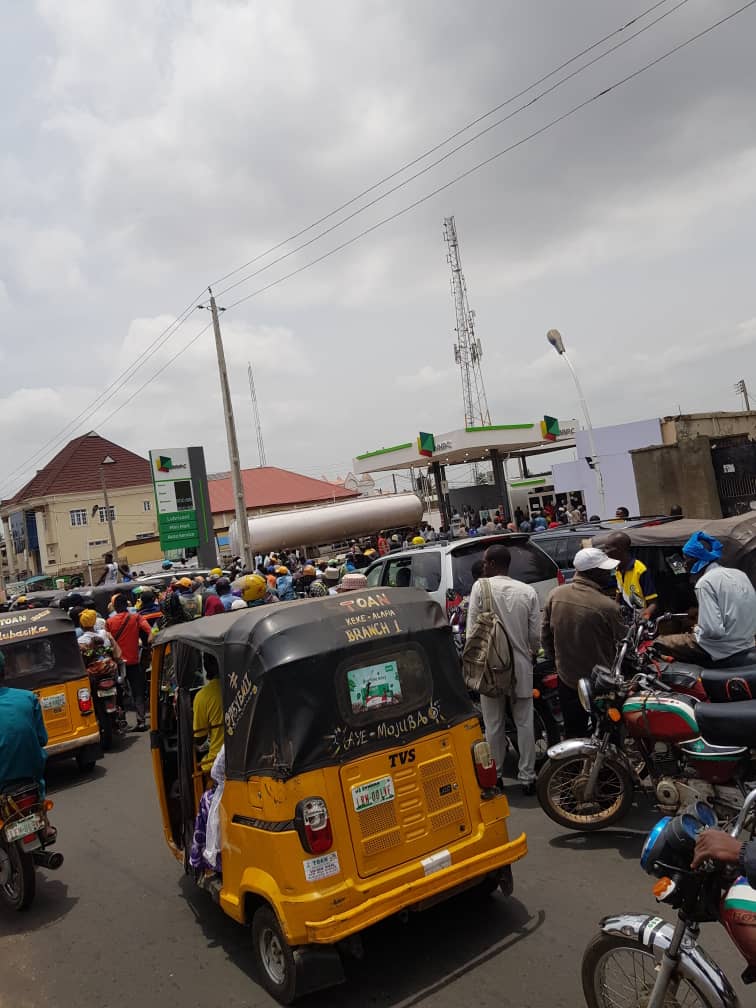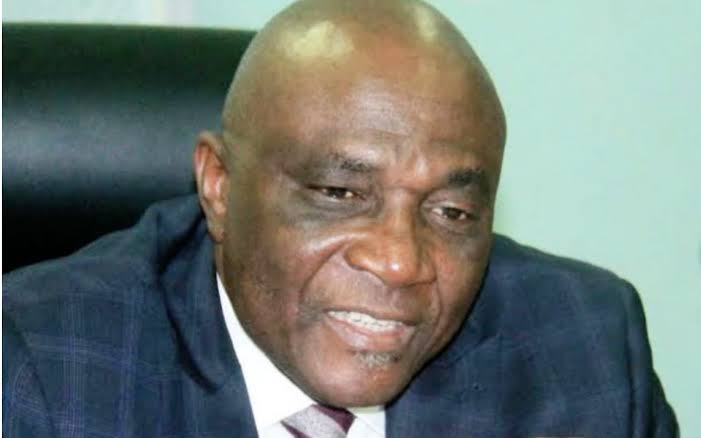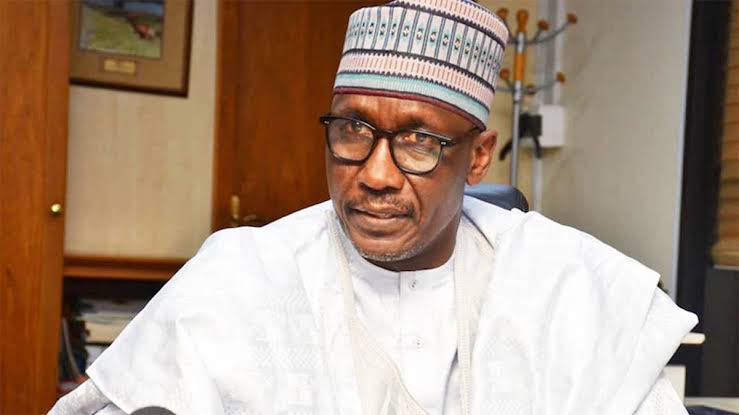Special Report | Residents lament recurring fuel scarcity, decry indiscriminate price hike in Ilorin
As Nigeria grapples with a fuel scarcity crisis, residents of Ilorin, the Kwara State capital, have called for immediate government intervention to alleviate the hardships of obtaining Premium Motor Spirit (PMS), widely known as petrol.
They also called on the government to prioritise long-term solutions to build a more resilient energy sector and mitigate future crises.
The Informant247’s Toheeb Omotayo, who went around Ilorin today, reports that the current fuel scarcity has caused widespread disruption, with long lines at gas stations, skyrocketing prices, and severe economic consequences, leaving people frustrated, stranded, and disheartened.
Findings show that major filling stations along Sobi Road, Asadam, Surulere, Taiwo, and Unity, among others, despite having more than enough fuel in the reservoir, have refused to sell, claiming they do not have enough for sale. They attributed this to the recent disruption in the supply chain.
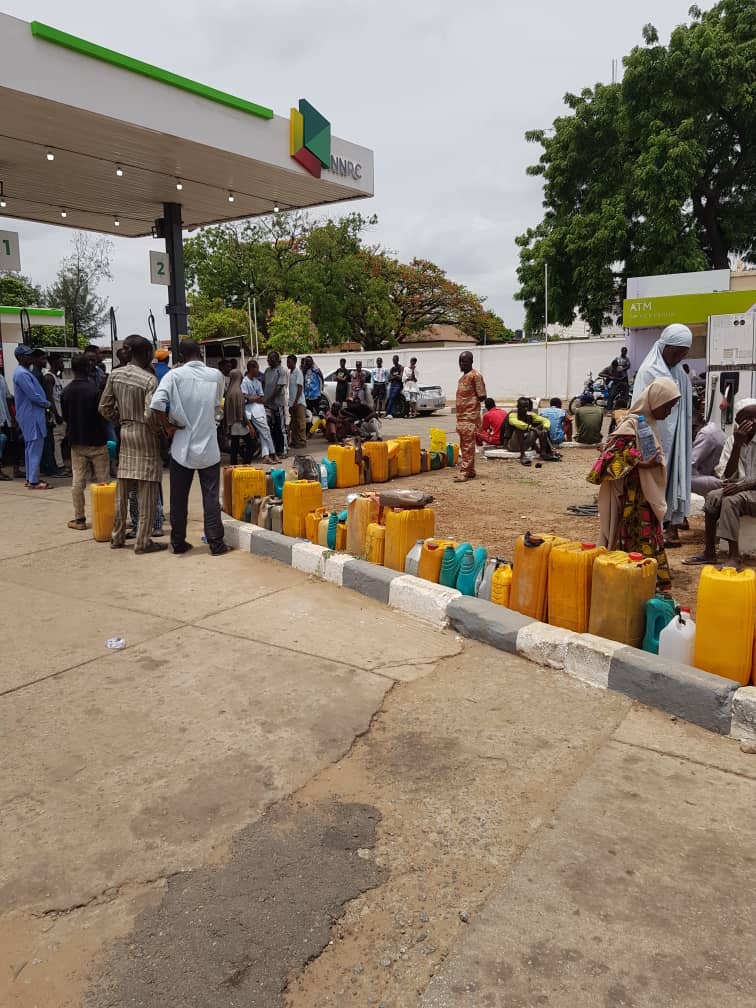
Motorists, meanwhile, continue to decry the brunt of the shortages, with long queues at petrol stations in major areas in Ilorin, including Asadam, Oko Olowo, Old Shao Garage, and others.
The Informant247 findings showed that a few of the petroleum marketers who are open for business sell the product at the pump price of N700, N890, N900, and N1,000 per litre.
Commercial motorists increase transportation fare
Meanwhile, some commercial motorists in Ilorin have attributed the increase in transportation fares to fuel scarcity and price increases at some stations, with some complaining about the exorbitant amount charged by black marketers.
According to findings, black marketers now exploit the situation to sell at prices ranging from N1,500 to N2,000.
In an exclusive interview with the deputy chairman Osogbo/Offa motorist union, Abdulganiy Yusuf Dare, he said that it was necessary to slightly increase the transportation costs due to the difficulty in obtaining fuel.
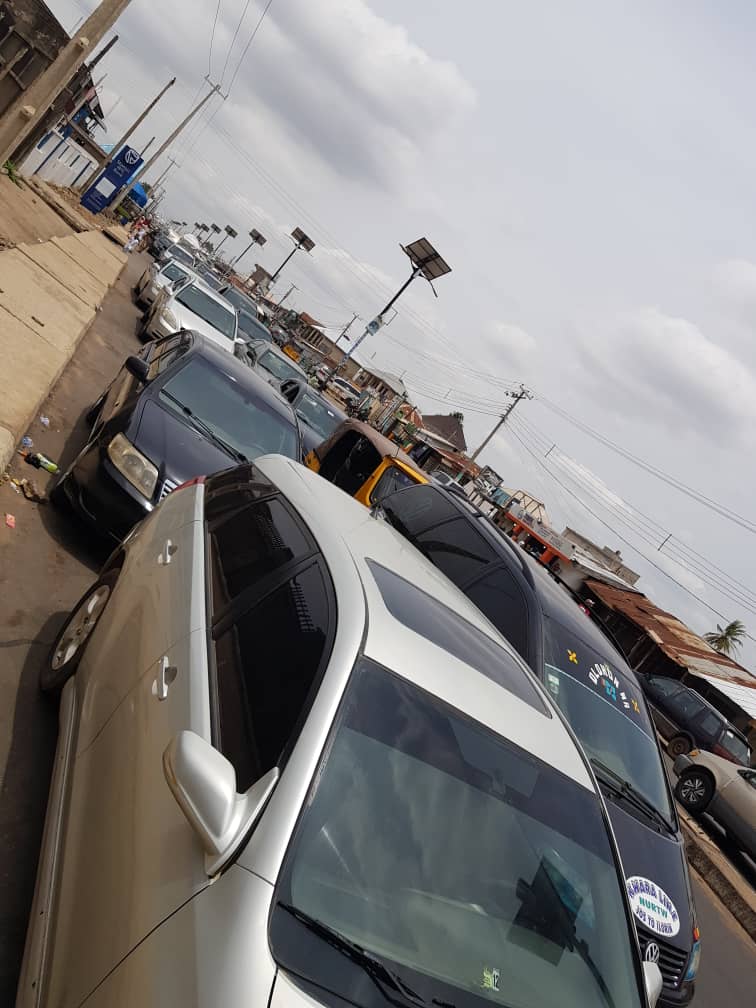
“We know that the increase in transportation costs is difficult for people, but what do you expect us to do? We’re also feeling the heat of the fuel scarcity, and we have to survive too. If we don’t charge more, how will we maintain our vehicles and feed our families? We hope the government will fix this problem at the root as soon as possible,” he said.
Similarly, AbdulAzeez Olomoda, a commercial tricyclist, decried the difficulty he encountered during the course of purchasing fuel from the filling station, blaming the cause on the skyrocketed price of the commodity.
According to him, “I had to increase the amount I charge passengers so that I also will be able to have little left to feed myself and my family.”
He furthered, “We would be impressed if the government could bring down the price back to its normal rate of N185.00. Some filling stations are even selling the commodity as high as N700 and N900.”
Commuters continue to groan over hardship
Alhaji Alagbo, who was on a queue at the NNPC filling station in Surulere when The Informant247 approached him, lamented that he was forced to travel a long mile away from Akerebiata to Surulere because he received information that the filling station had enough for sale in its reservoir and sold the commodity at a cheaper price compared to others.
“I left my home around 7 am in the hope that when I get here, I would be able to buy fuel. But unfortunately, the situation when I got here was no different than the others, or even worse,” he said.
Another commuter, Mrs. Ajila Salmat, who works as a fashion designer, condemned the long queue, stressing that people are wasting much of their precious time queuing for fuel at the filling station when they are supposed to be at their various places of work.
“I’ve been waiting here for hours, and I’m only halfway through the queue. This is what we’ve been reduced to – wasting our precious time just to buy fuel. I’m supposed to be at the workshop right now, but here I am. How am I supposed to run my business when I can’t even move around? The government needs to get their act together,” she said.
Marketers decry hiked transportation cost
Marketers in Ilorin’s major Oja Oba market have continued to voice their grievances over the increase in transportation costs, as commercial motorists charge exorbitant fees for moving loads from one location to another within the city.
Situated at the heart of Ilorin, the Oja Oba market is a bustling hub of commerce, with traders selling everything from foodstuffs to clothing and household items. However, the recent fuel scarcity has dealt a devastating blow to the market’s daily operations.
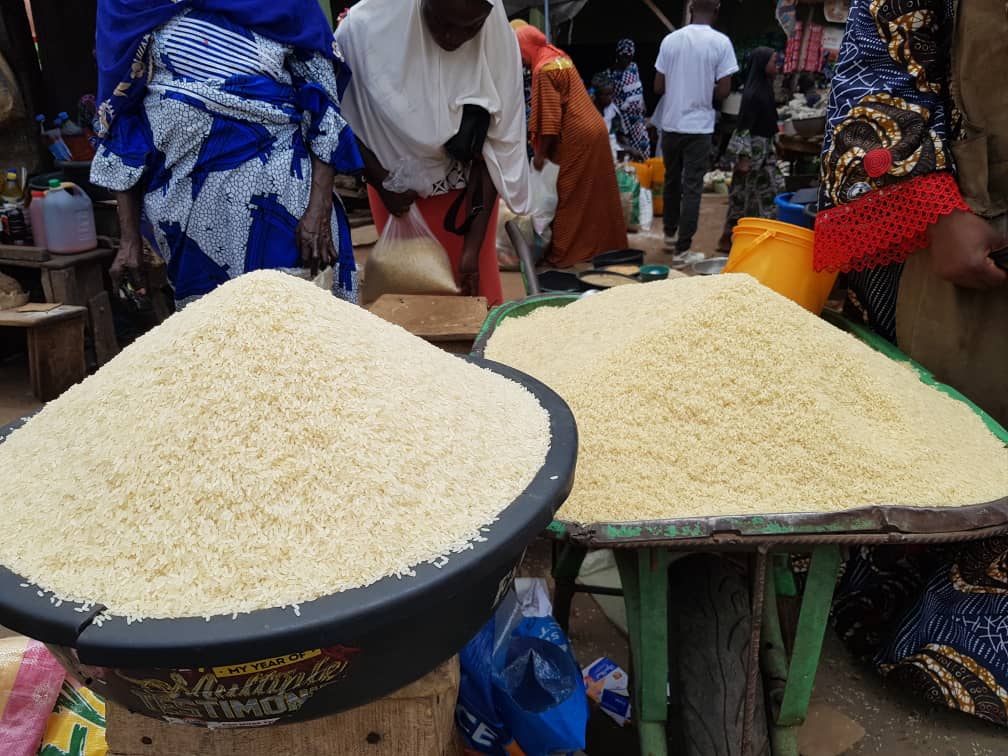
Commercial motorists, taking advantage of the fuel crisis, have significantly increased their transportation fees, making it difficult and costly for marketers to move their goods within the city.
In separate interviews, the marketers expressed grievances. One of them said, “The transportation costs have become unbearable. We’re paying almost double what we used to, and it’s eating into our profits. How can we survive like this? Our customers are also complaining because we’ve had to raise prices to cover the extra costs. This is a lose-lose situation for everyone.”
For Mrs. Rasheedah, a grocery seller in Oja Oba market, she said, “Fuel scarcity is killing my business. I’m already struggling to compete with the big supermarket chains, and now this. How are small businesses like mine supposed to survive? The government needs to do something before it’s too late.”
Another staple food seller, Mrs. Aisha, hinted, “I used to sell rice on a larger scale, but with these high transportation costs, my prices are too high for most of my customers. They’re having to cut down on the amount they buy, or they’re switching to other grains that are cheaper. I’ve never seen anything like this before. It’s like the whole system is falling apart.”
Why the scarcity?
Nigeria, Africa’s largest oil producer, is grappling with a severe fuel scarcity crisis, impacting millions across the nation. The shortage has disrupted daily life and raised concerns about economic stability.
The scarcity stems from a complex web of factors. Supply chain disruptions, including pipeline vandalism and refinery maintenance issues, have hindered the distribution of fuel.
Additionally, the removal of fuel subsidies by the government has exacerbated the situation, leading to price hikes and supply constraints. Economic challenges, such as currency devaluation and forex shortages, further strain the importation of fuel.
NNPC reacts
The Nigerian National Petroleum Company Limited (NNPC Ltd.), in a statement released by the Chief Corporate Communications Officer NNPC Ltd,, Olufemi Soneye on 25tj of April 2024, clarified that the tightness in the supply of Premium Motor Spirit currently being experienced in some areas across the country is as a result of logistics issues that has already been resolved.
It also reiterated that the prices of petroleum products are not changing, urging Nigerians to avoid panic buying as there is a sufficiency of products in the country.

